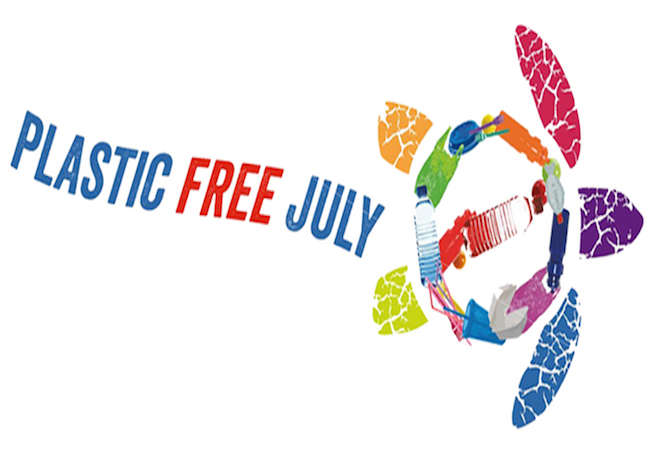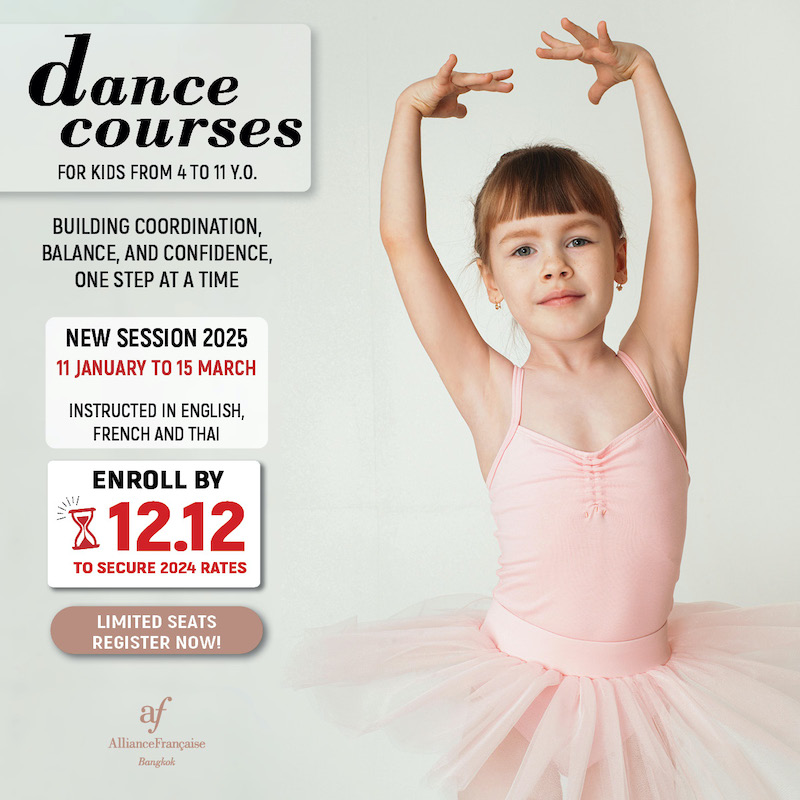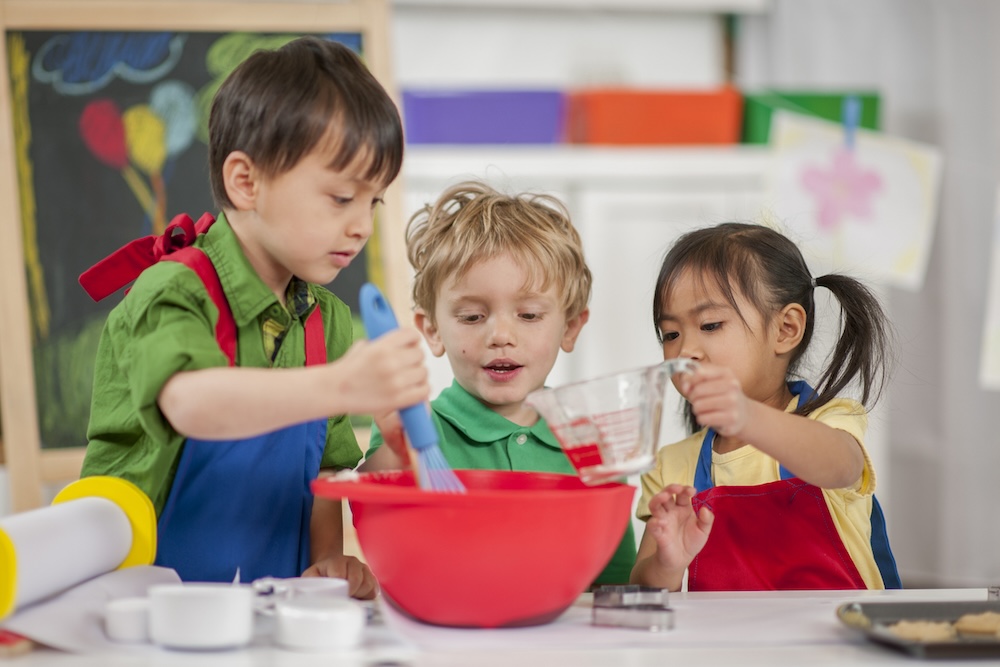Starting in Australia, Plastic Free July has become a global movement to reduce disposable plastic use and waste by supporting consumer behaviour change. Over 2 million people from 159 countries are choosing to be part of their annual Plastic Free July challenge, reducing the consumption of single-use plastics in July (and beyond).
As Thailand is one of the world’s heaviest users of single-use plastics, we can address this huge environmental problem and break our habits concerning such plastics. Take up the challenge to #choosetorefuse and go #plasticfreejuly — register here.
Here are some simple tips on how to get started.
1. Minimise the use of plastic bags, bottles and coffee cups. Take reusable tote bags when you go to the market, convenience store or even the mall. Refuse plastic bags whenever you can. Bring a refillable water bottle or cup with you each time you leave the house.
2. Never accept the plastic straws that come with drink purchases, especially at convenience stores and cafes. Have your own alternatives, made from bamboo, glass, stainless steel, silicone, paper… You can purchase these at Broccoli Revolution and Refill Station. For Thailand-based suppliers of bamboo straws, check out Bomba Bamboo Straws, Boo Boo Bamboo Straw and Sonny’s Specialty Products, among others.
3. Stainless steel and enamel tiffin containers used to be the norm in Thailand for take out foods — let’s bring them back! You can get these containers (called “pin-to” in Thai) from any department store — Ginger makes enamel ones in fun colours while kitchenware suppliers Zebra and Seagull offer stainless steel varieties in different sizes. They are handy when buying ready-made dishes at the supermarket or food vendor stalls.
4. Stop using plastic wrap in the kitchen — opt for washable food grade wraps from Wrappini or Super Bee Wraps instead. Made of cotton and coated with beeswax, the wraps come in multiple sizes and work well with halved fruit, cut vegetables, loaves of bread, cheese blocks and more. Each piece lasts for around 9 months; also, they are naturally anti-bacterial, compostable and chemical free.
5. Buy your produce in the fresh or farmers’ markets, such as the Bangkok Farmers’ Market, or at more eco-conscious stores like Sustaina Organic Shop to avoid fruits and vegetables individually wrapped in plastic. Talk to the manager of your local supermarket to reduce or eliminate this practice. Bring your own reusable bags for weighed fruit and veg. If ordering produce online, request no plastic packaging; suppliers such as OrgBox Thailand are now accommodating customer requests for minimal plastic usage.
6. While there are occasions where plastic cutlery is convenient, they aren’t necessary. It is now possible to buy wooden cutlery in Bangkok at select supermarkets. If you’re on the road, keep a set of washable cutlery in a sealed container in the car as an alternative.
7. Refill! Inspired by bulk stores in other countries, Better Moon in Onnut converted a section of their cafe into Refill Station, which sells household products in bulk without the packaging. Bring your own own empty bottles or containers to refill with liquid soap, shampoo, detergent, dishwashing liquid and bleach. With lower prices, you can save money while reducing plastic waste. Refill station also sells wooden toothbrushes, reusable straws, and bulk teas and snacks.
Got all the above down? There’s always more you can do! Visit the resources page of the Plastic Free July Foundation for even more ideas on plastic free living.
Register your email address here and we’ll notify you when new articles get uploaded.















